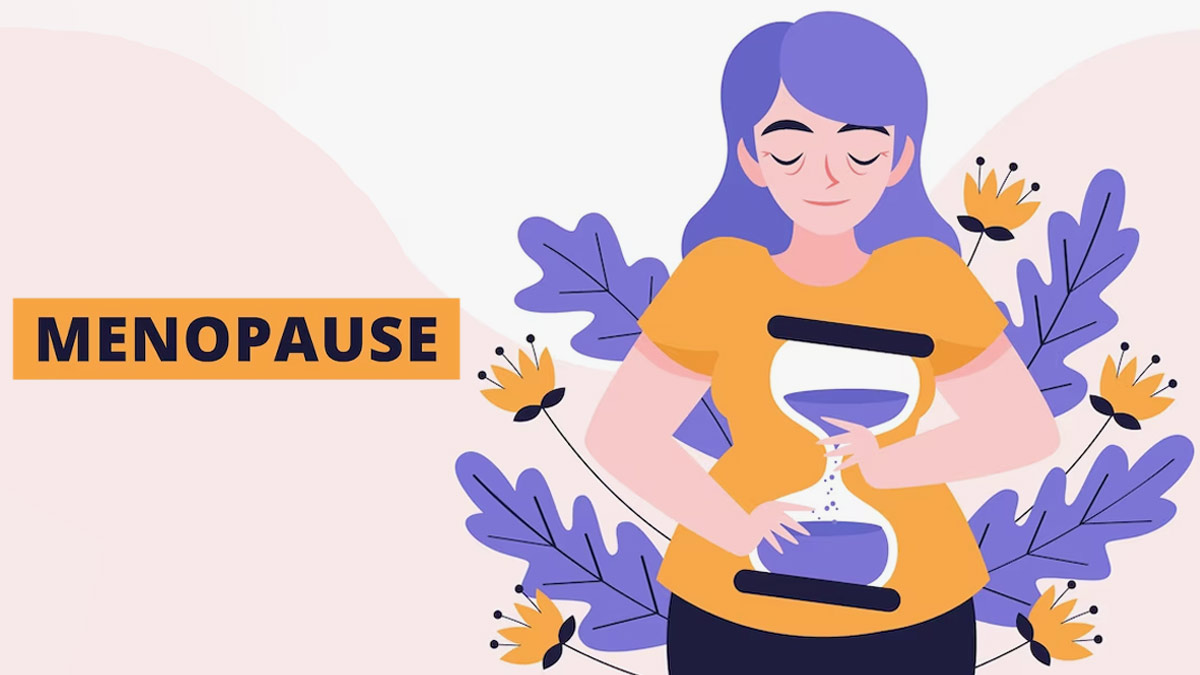
Women who have hit their 40s have a high chance of experiencing menopause. It is a transition that marks the end of her reproductive years. As women navigate this significant transition, they encounter several myths and facts that can shape their perceptions and experiences. To spread awareness on the same, we spoke to our expert who debunked myths and stated facts about menopause.
Myths and Facts About Menopause

Myth 1: Menopause happens suddenly
Fact: Dr Hira Mardi, Consultant - Obstetrician and Gynaecologist, Manipal Hospital, Varthur Road and Whitefield said, “Menopause is a gradual process that typically starts with perimenopause. This stage can last several years and is characterised by changes in the menstrual cycle and hormone levels. When a woman has not had a period for 12 consecutive months, she has officially reached menopause.”
According to the Journal of Mid-Life Health, the menopausal transition starts between ages 45-55. The average duration is seven years, although it can extend up to fourteen years.
Myth 2: Menopause only causes hot flashes
Fact: While hot flashes are a common symptom of menopause, they are not the only ones. Dr Mardi added, “Other symptoms can include night sweats, mood changes, sleep disturbances, vaginal dryness, and changes in sexual desire. To counter this problem, you should avoid spicy foods, alcohol, and hot beverages.”
Also Read: Unveiling the Connection: Expert Explains How Thyroid Health Relates to Menopause Onset

Myth 3: Menopause means you're old
Fact: Ladies, you need to relax, as menopause is a natural biological process, not a disease or a disorder. In some women, menopause also starts in their 30s. It doesn't mean that a woman is old or no longer vibrant and healthy.
Myth 4: It's unlikely to become pregnant while in the perimenopausal stage
Fact: Dr Mardi noted, “Although fertility decreases during perimenopause, it's still possible to become pregnant. It's important to continue using contraception until you've reached menopause to avoid getting pregnant.”
Myth 5: Menopause results in weight gain
Fact: Menopause doesn't necessarily cause weight gain, however, hormonal changes during menopause can change body composition and cause weight to redistribute (more weight around the abdomen).

Myth 6: Hormone replacement therapy is dangerous
Fact: Dr Mardi said, “Hormone Replacement Therapy (HRT) can have risks, but it's also an effective treatment for many women who suffer from severe menopausal symptoms. The decision to use HRT should be made on an individual basis, in consultation with a healthcare provider, and taking into account a woman's personal medical history and the severity of her symptoms.”
Also Read: Embracing Menopause: Experts Explain Impact On Women's Lives And Need To Break Silence
We also spoke to Sanjith Shetty, Founder and CEO, Miror, Women’s Health and Wellness, who said, “Perimenopause and menopause are natural phases in a woman's life and each woman experiences distinctive menopausal symptoms in their journey. However, these symptoms can be managed if women seek appropriate guidance from health experts. Regrettably, a lack of knowledge about perimenopause and menopause has led to various myths and misconceptions that need to be debunked.”

Myth 7: Only older women experience the phases of perimenopause and menopause
Fact: Shetty said, “Perimenopause can begin in the mid-30s. However, due to gynaecological-related surgeries, women can also experience menopause in their 20s.”
Myth 8: Menopause has no cure
Fact: Shetty added, “Science and modern medicine offer a wide array of solutions, including allopathy, homoeopathy, ayurveda, fitness, nutrition, and more. Women can take measures to reduce some menopause symptoms, starting with adhering to appropriate sleep habits, managing stress, staying in a cooler environment, along with practising exercise.”
[Disclaimer: The information in this article is shared by a registered healthcare professional and is for informational purposes only. Hence, we advise you to consult your expert to manage your menopause symptoms.]







